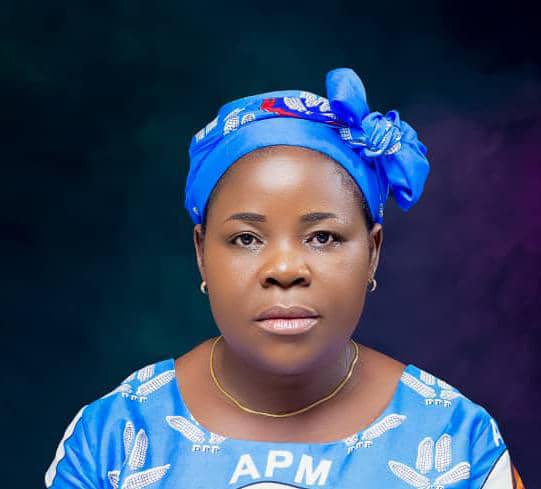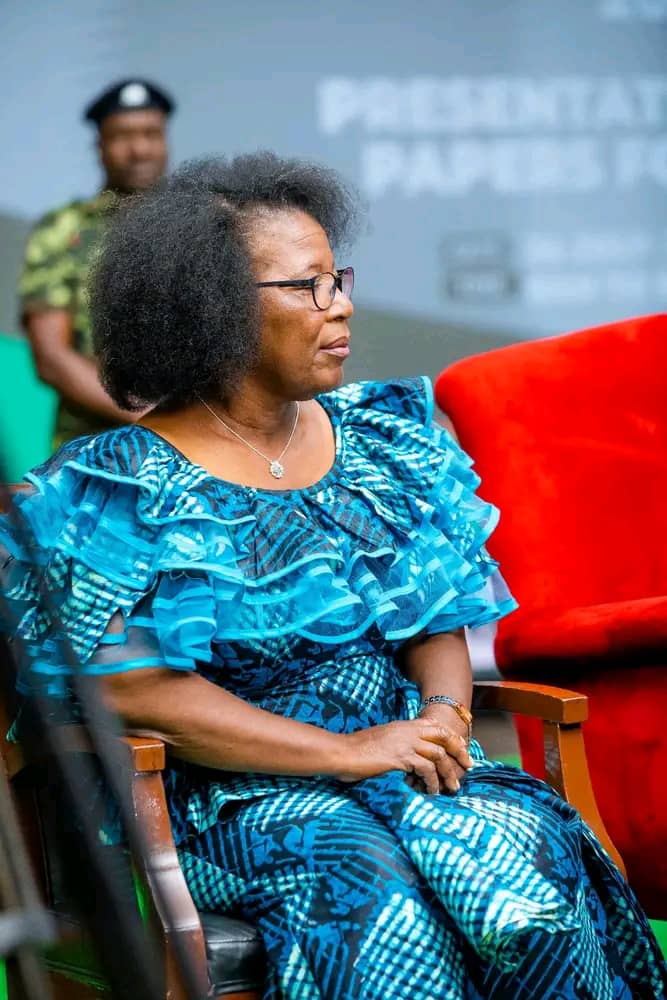By Jones Gadama
A recent survey conducted by the Malawi Political Science Research Institute has projected that Naomi Kilekwa Phiri of the Democratic Progressive Party (DPP) would retain her parliamentary seat in Mulanje South East with a landslide victory. The survey also showed Peter Mutharika of DPP leading in the presidential race.
The survey, which was conducted in April, used a multi-stage sampling method to select 1,500 respondents from 6 wards in Mulanje South East.
The respondents were asked about their voting intentions in the upcoming elections. The survey used a structured questionnaire to collect data, which was then analyzed using statistical software.
According to the survey results, Naomi Kilekwa Phiri would garner 85% of the votes, followed by Booker Matemvu, an independent candidate, with 7%, Tiyamike Harold Goliati with 4%, and Davie Mapesi with 3%. The remaining 1% were undecided.
In the presidential race, Peter Mutharika of DPP was projected to win with 90% of the votes, followed by Dalitso Kabambe of the United Transformation Movement (UTM) with 6%, and Lazarus Chakwera of the Malawi Congress Party (MCP) with 2%. Other parties shared the remaining 2%.
The survey’s findings are consistent with the voting pattern in Mulanje South East since 2014. In the 2014 elections, Naomi Kilekwa Phiri, then an independent candidate, won the parliamentary seat with 43.53% of the votes (13,273 votes), followed by Benson Bonongwe of DPP with 31.46% (9,592 votes), Alex Mazungwi, an independent, with 10.09% (3,077 votes), Tiyamike Harold Goliyati of the People’s Party (PP) with 7.95% (2,424 votes), Linda Chithyoka of MCP with 2.78% (848 votes), Kondwani Makungwa of NASAFU with 2.35% (718 votes), and Japheth Nandilimbe of UDF with 1.84% (562 votes).
In 2019, Naomi Kilekwa Phiri, this time representing DPP, retained her seat with 16,012 votes, followed by Booker Jones Matemvu, an independent, with 14,155 votes, Tiyamike Goliyati, an independent, with 2,060 votes, Christine Mwawi Majavina Chilemba of UTM with 1,102 votes, Aleke Steven Uladi, an independent, with 758 votes, Peter Andrea Kaleso, an independent, with 236 votes, MacDonald Wincole Phiri of UDF with 255 votes, and Kondwani Makungwa of MCP with 441 votes.
The survey’s results suggest that Naomi Kilekwa Phiri remains popular in Mulanje South East, and her DPP colleague Peter Mutharika is also leading in the presidential race.
The voting pattern in the constituency has shown a consistent trend, with Naomi Kilekwa Phiri emerging victorious in both 2014 and 2019.
The Malawi Political Science Research Institute’s survey provides valuable insights into the voting patterns and preferences of the electorate in Mulanje South East.
The institute used a robust methodology to conduct the survey, including a multi-stage sampling method and a structured questionnaire.
The survey’s findings are based on a sample size of 1,500 respondents, which is representative of the constituency’s population.
The survey’s results are also consistent with the institute’s previous surveys, which have shown Naomi Kilekwa Phiri’s popularity in Mulanje South East. In 2019, the institute conducted a survey sponsored by the University of Canada, which also projected Naomi Kilekwa Phiri’s victory.
The survey’s findings have implications for the upcoming elections. The DPP’s strong showing in the survey suggests that the party is well-positioned to win the presidential and parliamentary seats in Mulanje South East. The survey’s results also suggest that Booker Matemvu, an independent candidate, is a strong contender for the parliamentary seat.
The Malawi Political Science Research Institute’s survey provides valuable insights into the voting patterns and preferences of the electorate in Mulanje South East.
The survey’s findings suggest that Naomi Kilekwa Phiri and Peter Mutharika are leading in the parliamentary and presidential races, respectively.
The survey’s results are consistent with the voting pattern in the constituency since 2014 and provide a useful guide for political parties and candidates as they prepare for the upcoming elections.
The survey’s methodology involved selecting 6 wards in Mulanje South East and then randomly selecting 150 respondents from each ward, resulting in a total sample size of 1,500 respondents. This was done using a multi-stage sampling method to ensure a representative sample.
A structured questionnaire was used to collect data from the respondents, which included questions about their voting intentions, demographic characteristics, and other relevant information.
The collected data was then analyzed using statistical software to identify trends, patterns, and correlations. To minimize bias, random sampling was used, giving every respondent an equal chance of being selected.
A robust sampling frame was also employed to ensure the sample was representative of the constituency’s population.
By using these methods, the institute was able to collect high-quality data that provides valuable insights into the voting patterns and preferences of the electorate in Mulanje South East.



